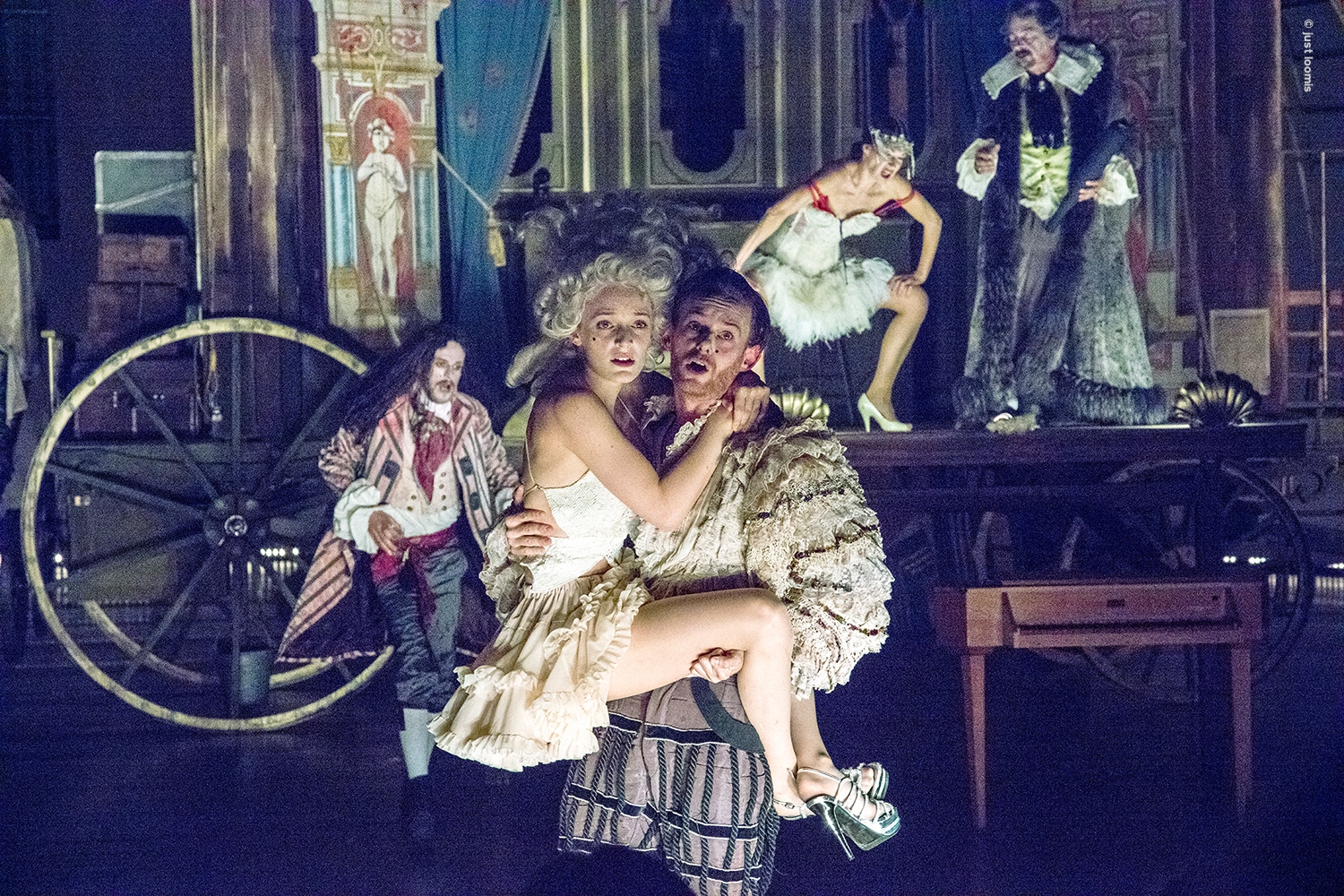


What if not death is man’s greatest enemy? In old age people crumble away and disintegrate without being ill and without violent interventions. We surely oppose all things violent and harmful to human health! So why are we not opposing death? Why not combat death? In your obituary it says: You have left for a better world. No way! After all, I was here! This may not be neglected. Am I not a better world? And what about the nonagenarians and centenarians who die of old age just because one day they have to die? The success messages in the medical sciences and the warnings on health risks in the daily press (“too much salt, too little exercise”) – what sort of messages are they, what’s the point of warning us of the risks of life and living? Only supercentenarians might be able to decode these messages. They keep repeating themselves: “We are all going to die one day. This one thing is clear and it goes without saying.” But no! You must say it, of course you should say it at last! Because it doesn’t make sense to me that their success stories should amount to the identification with death:
According to Adorno, the idea of utopia cannot even be thought at all without the notion of an unfettered life, freed from death. Just mention the potentiality of annihilating death to any well-meaning person and you will get the immediate reaction: How horrifying to think that death could be eliminated, that people might no longer die! This reaction, however, precludes the very thought of utopia. There is something profoundly contradictory in every utopia, namely, that it cannot be conceived at all without the elimination of death. The identification with death appears to be an extension of people’s willingness to identify with existing social circumstances.
With: Silvia Rieger, Lilith Stangenberg, Johannes Gäde, Judith Gailer, Luis August Krawen and Henry Krohmer
Director: René Pollesch
Stage Designer: Bert Neumann
Light Design: Frank Novak
Dramaturgy: Anna Heesen